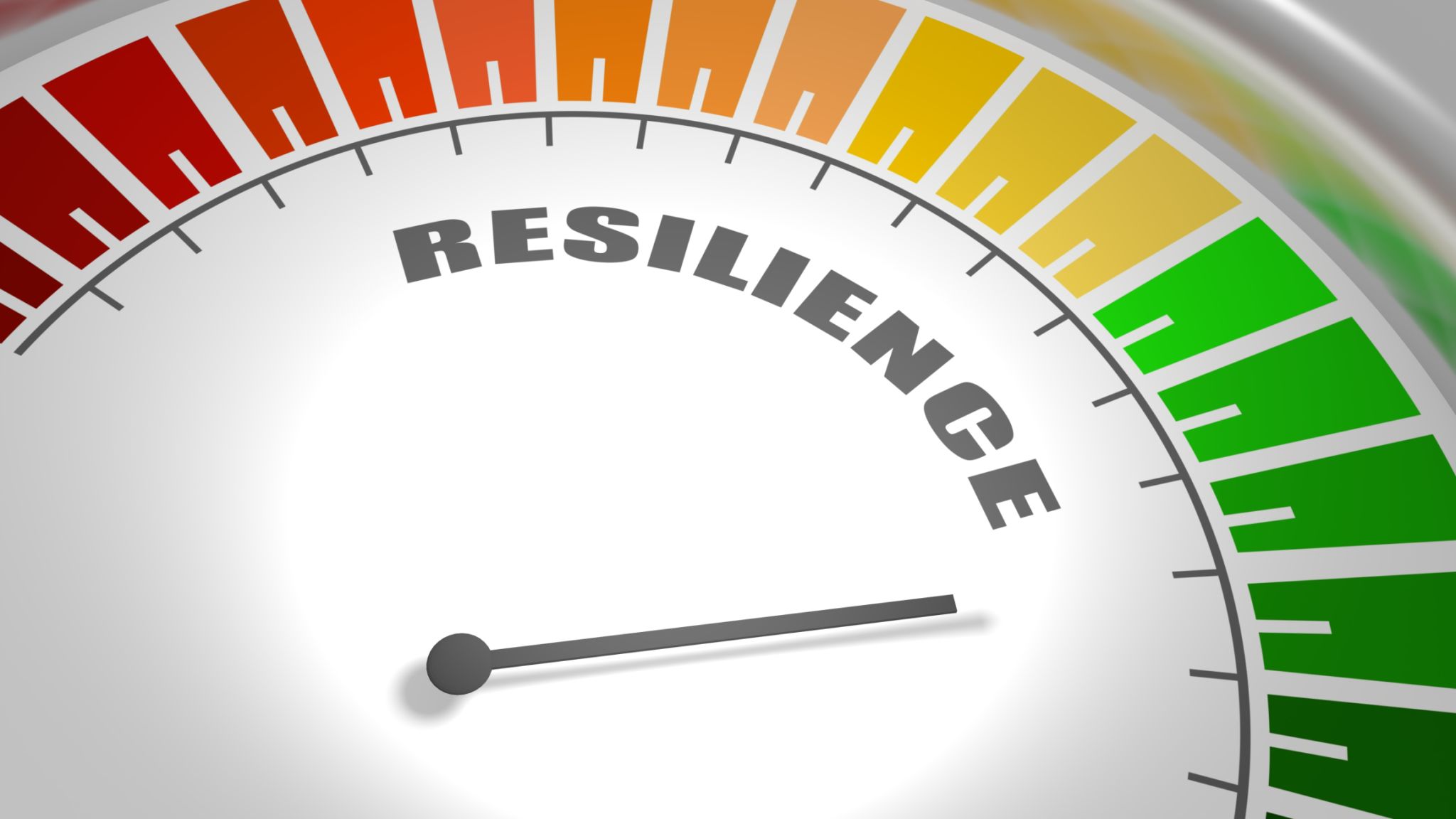Building Resilience in Youth: Key Protective Factors
Understanding Resilience in Youth
Resilience is the ability to bounce back from adversity, adapting and thriving even in challenging circumstances. For young people, building resilience is crucial as they navigate the complexities of growing up. Resilient youth are better equipped to handle stress, overcome obstacles, and develop into healthy, successful adults.
While some individuals naturally possess a resilient nature, resilience can also be cultivated through supportive environments and relationships. Key protective factors play an essential role in nurturing resilience in youth, allowing them to face life's challenges with courage and confidence.

The Role of Family Support
Family support is a cornerstone in building resilience. A nurturing and stable family environment provides a sense of security and belonging. When youth feel supported by their families, they are more likely to develop self-esteem and confidence.
Parents can foster resilience by maintaining open lines of communication, showing empathy, and modeling positive coping strategies. Families that spend quality time together also create strong bonds that act as a protective shield against stress and adversity.
Encouraging Open Communication
Open communication within the family allows young people to express their thoughts and feelings without fear of judgment. This openness helps them process emotions and seek guidance when needed. Encouraging honest discussions about challenges and solutions can empower youth to tackle problems proactively.

Building Supportive Relationships
Beyond the family unit, having supportive relationships with peers, teachers, and mentors is vital for developing resilience. These connections provide additional layers of emotional and social support that help youth feel valued and understood.
Schools and community organizations can create programs that foster positive interactions and mentorship opportunities. Such initiatives not only enhance social skills but also offer a sense of belonging and purpose.
Importance of Peer Support
Peer support networks enable youth to share experiences and learn from one another. Friendships that are built on mutual respect and understanding can be a powerful source of encouragement during difficult times. Young people benefit greatly from knowing they are not alone in their struggles.

Promoting Healthy Coping Strategies
Teaching youth effective coping strategies is integral to building resilience. When young people learn how to manage stress constructively, they are better prepared to face future challenges.
Healthy coping mechanisms can include physical activities, creative expression through arts, or mindfulness practices like meditation. Encouraging youth to discover what works best for them helps in cultivating a personalized toolkit for resilience.
The Role of Education
Educational institutions play a pivotal role in promoting resilience by integrating social-emotional learning (SEL) into the curriculum. SEL programs teach skills like emotional regulation, problem-solving, and decision-making, which are essential for resilient behavior.

Conclusion: Investing in Resilience
Building resilience in youth is a collective effort that requires the involvement of families, schools, and communities. By focusing on key protective factors such as family support, positive relationships, and healthy coping strategies, we can equip young people with the tools they need to thrive.
Investing in resilience today lays the groundwork for a healthier, more adaptable generation that can navigate the challenges of tomorrow with strength and optimism.
